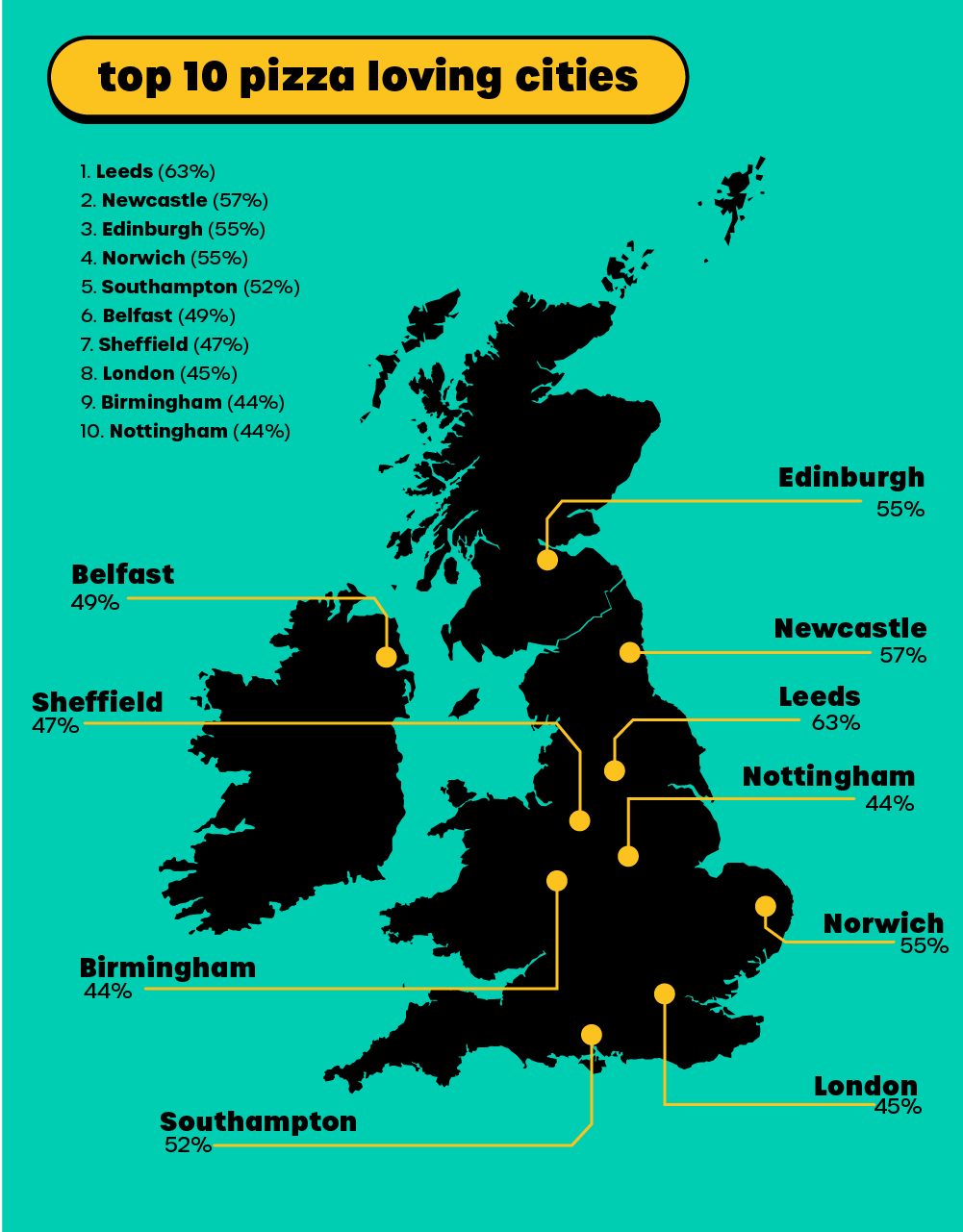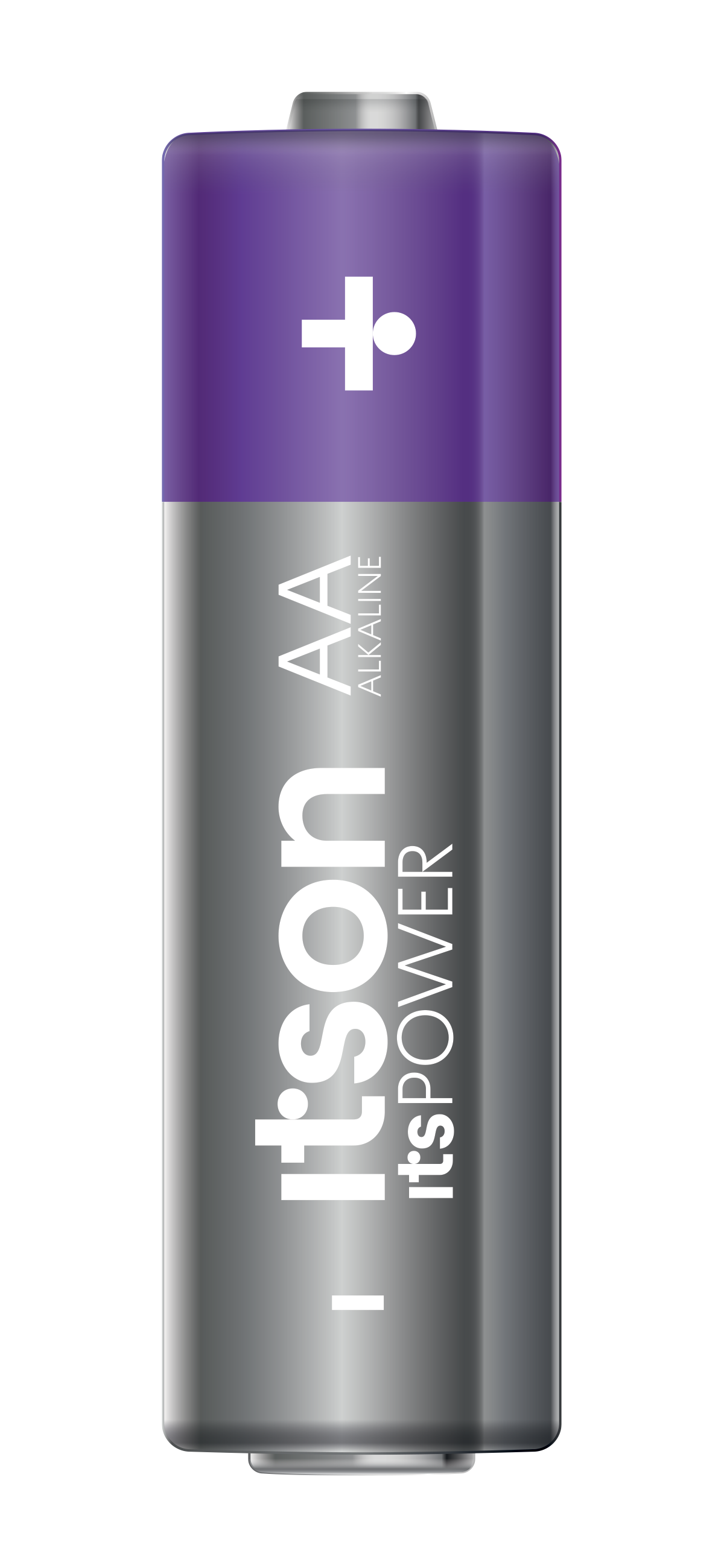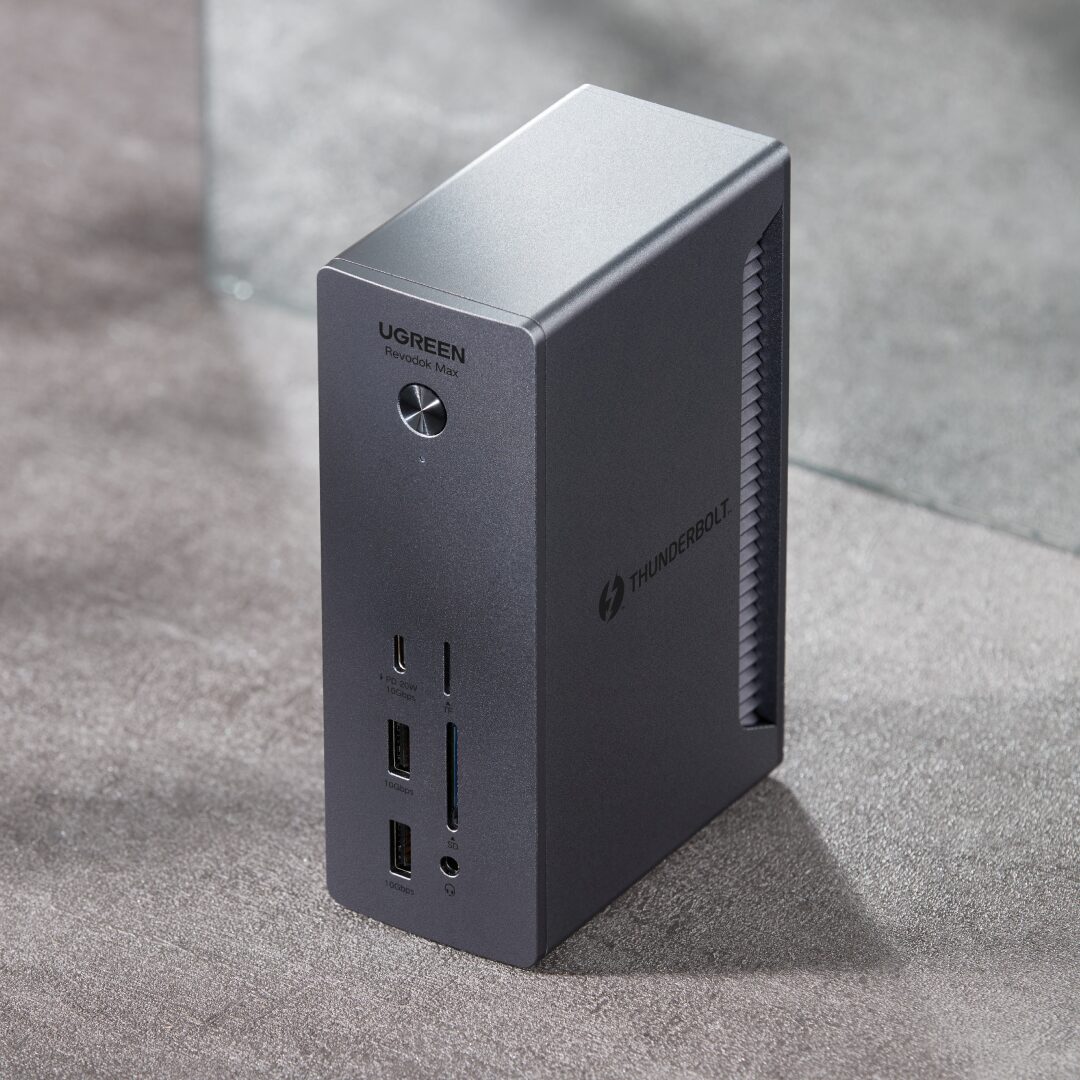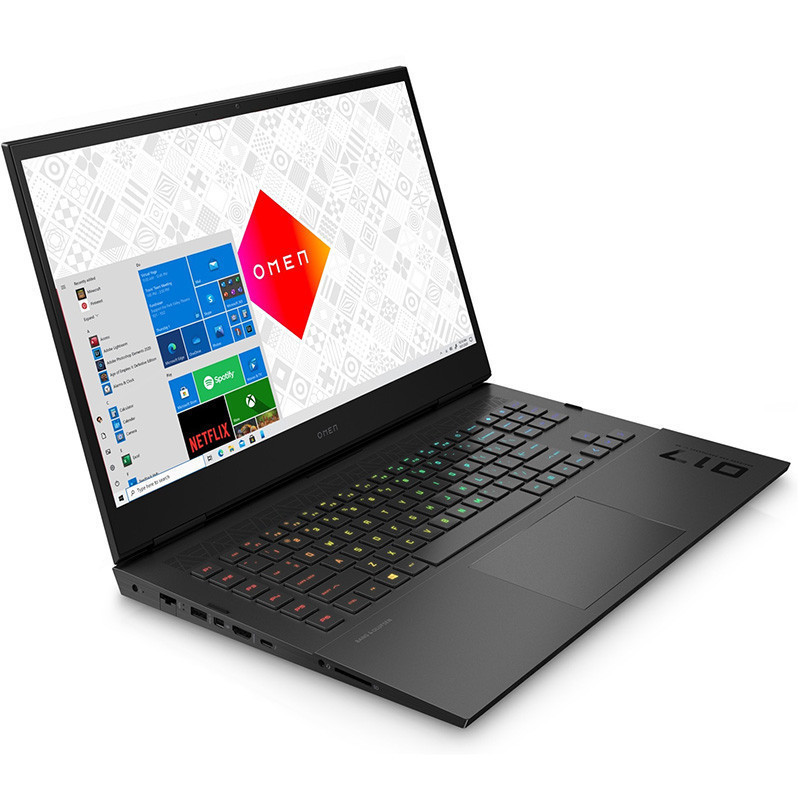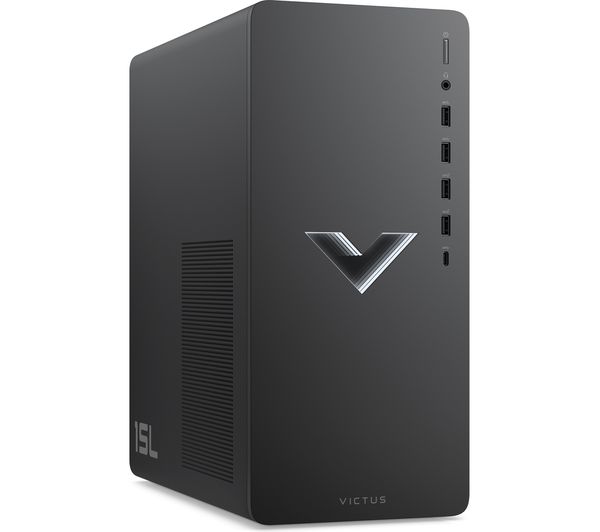Having a slow WordPress site can be frustrating for both website owners and visitors. If your site takes forever to load, it can negatively impact user experience, increase bounce rates, and even affect your search engine rankings. But why does this happen? In this article, we will explore the common reasons behind a slow WordPress site and discuss effective solutions to speed it up.
Bloated or Inefficient Code
One of the primary culprits for a slow WordPress site is bloated or inefficient code. If your theme or plugins are poorly coded, contain unnecessary scripts, or are not optimized, they can significantly impact your site’s performance. Each line of code adds up, causing your site to take longer to load.
Solution: Opt for well-coded themes and plugins from reputable sources. Regularly update them to ensure you have the latest optimized versions. Consider auditing and optimizing your site’s code to remove any unnecessary elements and improve overall efficiency.
Large Image Files
Images are crucial for engaging content, but large image files can slow down your WordPress site. When high-resolution images are uploaded without optimization, they consume excessive bandwidth and take longer to load, especially on slower internet connections.
Solution: Compress and optimize your images before uploading them to your WordPress site. Use image optimization plugins or online tools to reduce file sizes without compromising image quality. Additionally, consider lazy loading techniques, where images are loaded as users scroll, to improve initial page load times.
Insufficient Hosting Resources
The performance of your WordPress site depends heavily on the hosting environment. Shared hosting plans, which host multiple websites on the same server, can lead to slower load times if resources are limited or if other sites on the server experience high traffic.
Solution: Consider upgrading to a more robust hosting plan such as a Virtual Private Server (VPS) or dedicated server. These options provide dedicated resources and can handle higher traffic volumes more efficiently. Alternatively, explore managed WordPress hosting services that are optimized specifically for WordPress sites.
Excessive Plugins
While plugins offer great functionality, having too many of them can significantly impact your site’s speed. Each plugin adds additional code and can introduce conflicts or compatibility issues, leading to slower load times.
Solution: Regularly review and evaluate the plugins installed on your WordPress site. Remove any unnecessary or outdated plugins. opt for lightweight plugins or seek alternative solutions where possible. Keep the number of active plugins to a minimum and ensure they are regularly updated to maintain compatibility and performance.
Caching and Performance Optimization
A lack of caching and performance optimization measures can contribute to a slow WordPress site. Without proper caching, your site’s pages are generated dynamically for each visitor, consuming server resources and increasing load times.
Solution: Implement a caching mechanism such as a WordPress caching plugin. Caching plugins generate static HTML versions of your pages, reducing the need for dynamic rendering and speeding up page loads. Additionally, browser caching allows visitors’ browsers to store static files locally, further enhancing performance.
| Hosting provider | Starting prices | Uptime | Free backups | URL |
| eUK | £23.41/mo | 100% | Yes | https://www.eukhost.com/cloud-hosting/ |
| Interserver | $2.50/mo | 99.9% | Yes | https://www.interserver.net/webhosting/ |
| Easyspace | £3.99/mo | 99.9% | No | Easyspace |
| EuroDNS | €1.99/mo | 99.9% | No | https://www.eurodns.com/website-hosting |
| Hosting.co.uk | £2.40/mo | 99.9% | Yes | https://www.hosting.co.uk/web-hosting/ |
| Hostinger | $1.39/mo | 99.9% | Yes | https://www.hostinger.com/web-hosting |
| Hostpapa | $3.95/mo | 99.9% | Yes | https://www.hostpapa.com/web-hosting/ |
| Namecheap | $1.44/mo | 100% | Yes | https://www.namecheap.com/hosting/shared/ |
| GoDaddy | $5.99/mo | 99.9% | No | https://www.godaddy.com/hosting/web-hosting |
A slow WordPress site can have a detrimental impact on user experience, search engine rankings, and overall success. By understanding the common reasons behind a slow site and implementing effective solutions, you can significantly improve its speed and performance. Regularly optimize your code, optimize, and compress images, choose the right hosting plan, manage your plugins wisely, and implement caching and performance optimization techniques. By taking these steps, you’ll ensure your WordPress site runs smoothly and efficiently, providing a positive experience for your visitors.











